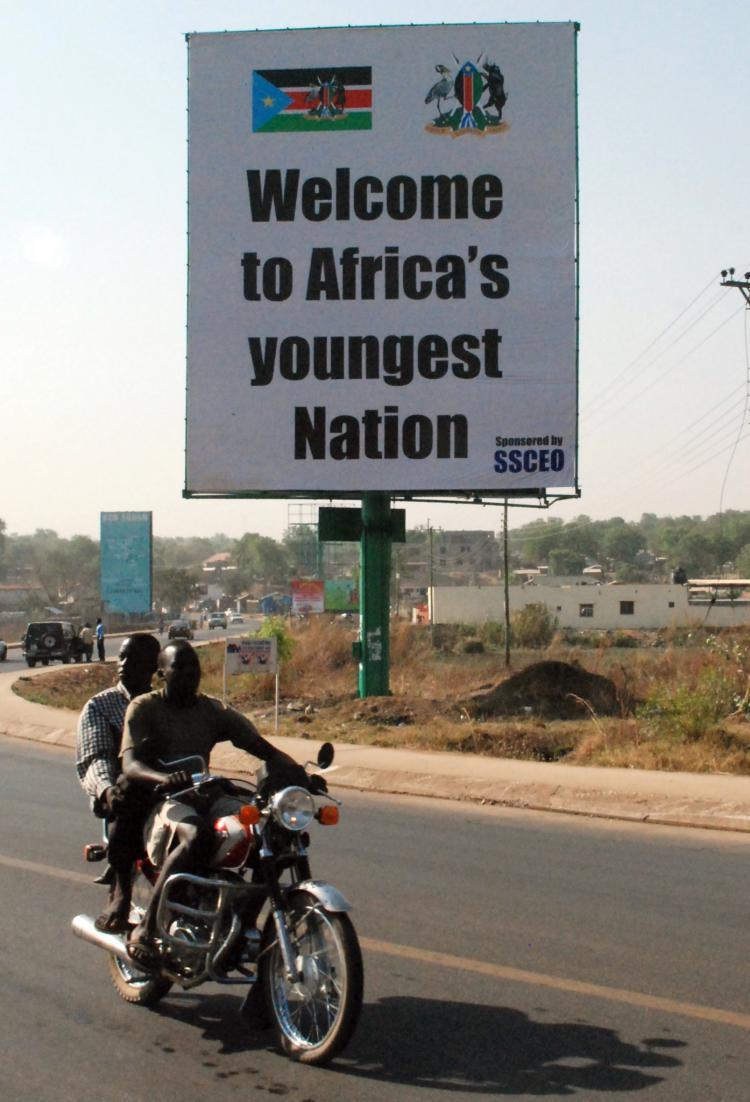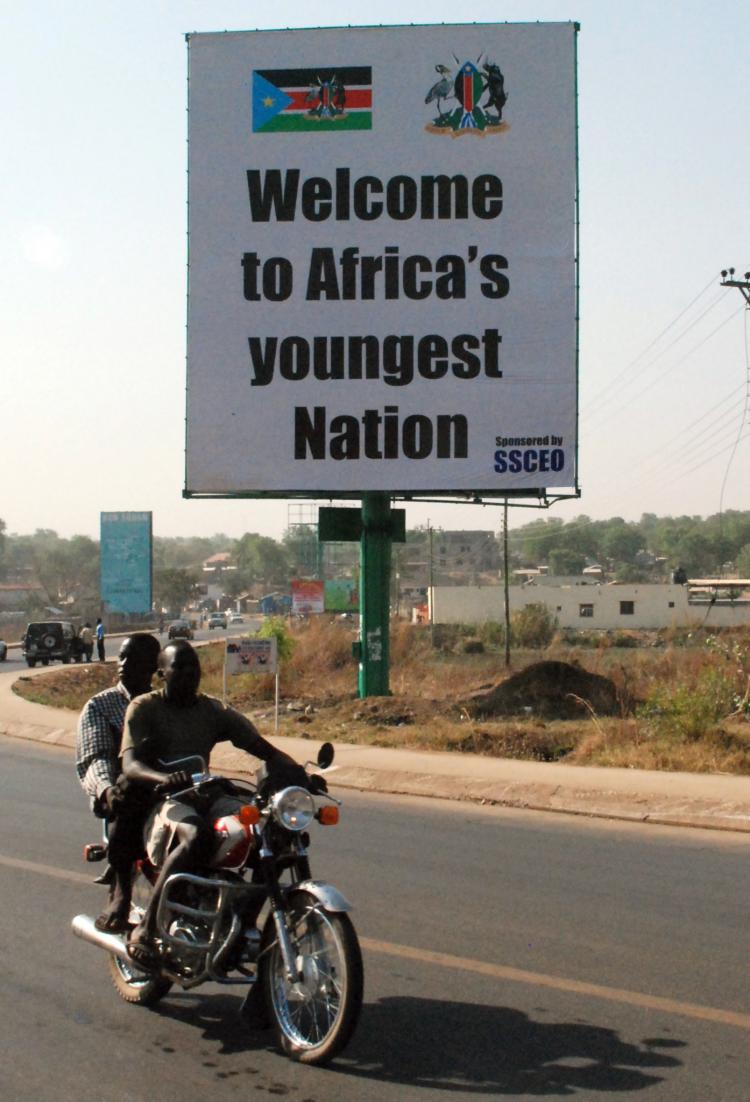Last January, nearly 99 percent of Southern Sudanese voters called for official separation from the north following the terms of the Comprehensive Peace Agreement signed six years ago. On July 9, the United Nations and the United States will recognize South Sudan—composed of about one-third of Sudanese territory—as a new nation. However, old scars are opening again, and South Sudan’s birth will not be a calm one.
Danger in Darfur
Darfur is the first worry. According to Nico Plooijer, manager of the Africa Program at IKV Pax Christi, a peacekeeping organization based in the Netherlands, the situation in Darfur is very difficult and it is deteriorating.
While the focus of international attention is on the south, Khartoum has intensified its assault on Darfur, where in 2004 the government perpetrated a genocide, slaughtering at least 300,000 and displacing 2.7 million, according to U.N. figures.
U.N. humanitarian chief in Sudan Georg Charpentier said in a statement last week that more than 70,000 people have been displaced in Darfur since a new wave of fighting began last December.
Darfur will remain under northern control after the separation.
Catholic Relief Services, the largest and one of the last remaining aid organizations in Darfur, announced on Saturday that it was being forced by the government to close its food program in West Darfur, depriving 400,000 people of badly needed food rations.
“There is almost no gasoline, oil prices are going up. The Sudan Liberation Army and some smaller rebel groups are fighting against the government or between each other,” explained Plooijer, speaking from Juba, the capital of Southern Sudan.
Tensions Along the Border
Tensions are running high along the border between the south and north, especially in the three regions of Abyei, Blue Nile, and Southern Kordofan, where some groups would prefer to join the south, not stay with the north.
Popular consultations will take place, but they will not discuss whether these regions will be part of the north or the south. “These regions will be part of the north. Its just that a part of the population, especially in the Nuba Mountains, don’t want to be part of the north,” he said.
“If these conflicts are not resolved in a peaceful way, these people will go back to war.”
The oil-rich town Abyei is seeing increasing violence that could break out into a full-scale war. Both Khartoum and Juba are blaming the other side for the violence.
The threat of a new war in Abyei is real, unless the international community intervenes, says Professor Eric Reeves from Smith College, Massachusetts.
“Unless the international community brings serious pressure to bear on the Khartoum regime, particularly over its military behavior in Abyei, the chances for renewed war increase significantly.”
Mariya Nedelcheva, member of European Parliament (MEP) and part of the European Union delegation to Africa, thinks international intervention can’t help Sudan and that the local players should make their own decisions, without interference from the international community.
“People in South Sudan were given time to live their joy and euphoria from the democracy and freedom. Now both south and north need some time to think about their priorities,” says Nedelcheva.
But many in the north are worried about what will come. With the war in Darfur and tensions mounting along the north-south border, there’s the danger of the country splintering and of Bashir becoming more repressive to try to stop it from happening.
“Opposition parties and the population at large are worried that they will now be left to face the unpopular and repressive NCP [National Congress Party] without the buffer of the south and SPLM [Sudan People Liberation Movement],” wrote John Ashworth from Sudan Ecumenical Forum, via e-mail from Kenya.
“The southerners who remain in the north fear for their future, but so do many other groups who don’t fit the Islamist Arab identity which the NCP is pushing,” he added.
Read More...Southern Sudan







